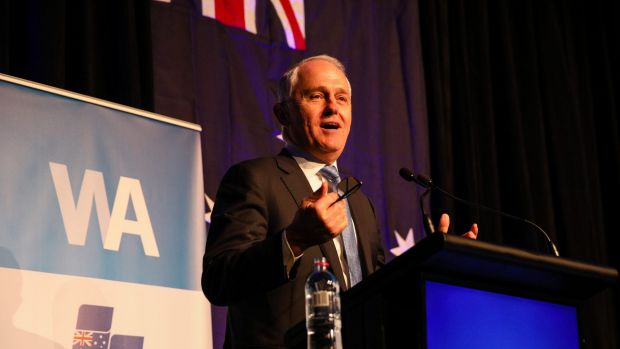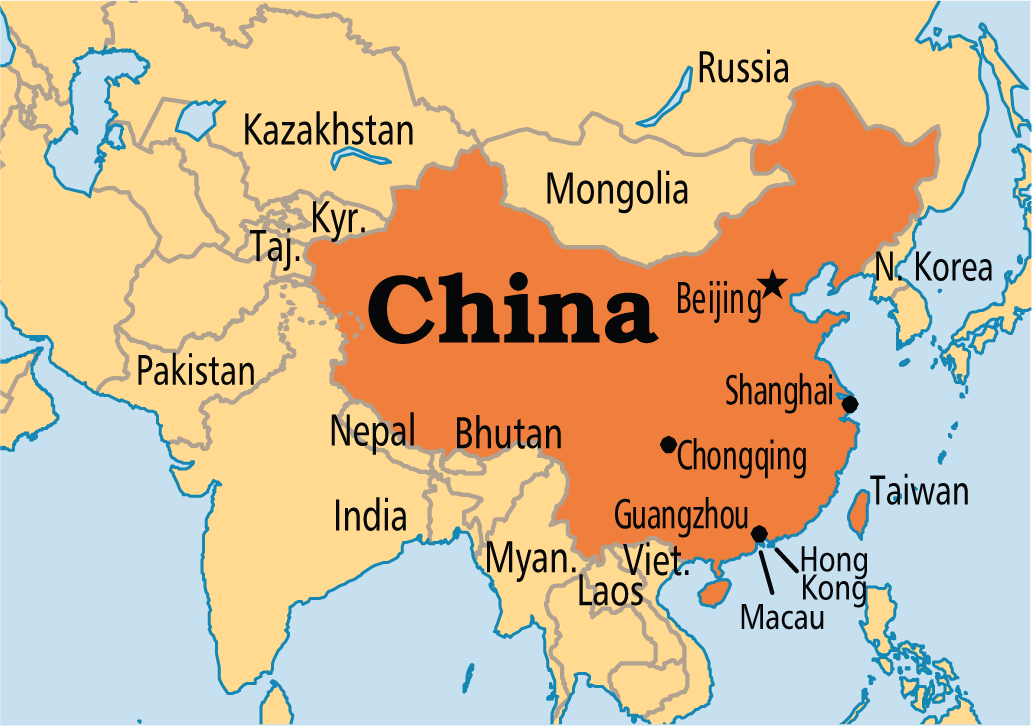Sure. It’s impressive. No wonder Australians like to boast about their 25 years of uninterrupted economic growth.
But the achievement masks a deep complacency and risk aversion that could ultimately undo those gains.
A large part of Australia’s economic success reflects a huge expansion in trade with Asia, particularly China. Corporate Australia is quite willing to sell to Asia, especially commodities. The nation’s direct investment tells a different story. It is focused instead in the U.S., the U.K. and New Zealand.
Selling commodities to China makes sense. Australia would be crazy to not take maximum advantage of its bounty of natural resources. And China’s years of double-digit growth were an opportunity with few historical parallels. That boom has subsided, and China’s economy is increasingly dominated by services and consumption. Australia is crazy not to take advantage of that as well.
More Australian money was invested in Papua New Guinea last year than in China, my colleagues Michael Heath and Enda Curran wrote after crunching numbers from the International Monetary Fund.
Some of this can be attributed to barriers to direct entry thrown up by China. And yes, investing there might be hard. The field might not be level. One can understand why this imbalance evolved: It’s a lot easier to dig stuff out of the ground, stick it on a ship and send it off to China than it is to navigate the state-dominated economy and negotiate with local partners in order to invest.
But it’s about more than just China. Relatively few Australian firms bother to invest directly in Asia, according to a study from PriceWaterhouseCoopers, the Institute for Managers and Leaders, and Asialink Business.
The report showed the top destinations for Australian corporate investment in 2015 were the U.S. with 19.4 percent, the U.K. at 15 percent, New Zealand at 11.2 percent and Singapore at 3.9 percent. Papua New Guinea, Germany and China come in equal fifth.
No knock on Papua New Guinea. It was governed by Australia until 1975, and the country is rich in minerals, which matches Australia’s long history as a leader in that industry. Australians also feel some responsibility for the nation’s development, given historical ties and deep bonds forged during World War II.
But Papua New Guinea is, and probably always will be, a tiny economy. For Australia to favor it over China would be like the U.S. investing more in the Philippines than in, say, Canada, Mexico or Germany. Something is seriously out of whack here.
The PWC report goes on: Sixty-seven percent of board members of companies listed on Australia’s benchmark stock index show no evidence of extensive experience in Asia, and 55 percent “demonstrate little to no knowledge of Asian markets.”
Study of foreign languages seems to be going into reverse as well, with a pronounced slide in study of Asian tongues, the Sydney Morning Herald reported in June.
Australia must decide whether it is part of the Asia region or it isn’t. The imbalance between trade and investment is just one symptom: If the corporate life of a nation is an insight into society more broadly, Australia seems to be clinging to its old connections at the expense of opportunity. Can Australia deepen its involvement with its neighbors while retaining its outdated constitutional links to Britain and its joined-at-the-hip military ties to the U.S.?
The cost of failure is marginalization and a serious brain drain.
The country’s leaders rightly boast of the country’s demographic diversity. Australia has one of the highest proportions of foreign-born residents among democratic nations. More than 10 percent of Australians list Asia as their ancestral background. Not to mention the talent of the diaspora. About a third of Australia’s expats will be living and working in Asia by the end of the next decade, estimates PWC. These deep ties between Asia and Australia are an asset. Leaving such a rich resource untapped is not the Australian way.
There’s a role for high-level corporate diplomacy here. Australian businesses must pursue worthy investment opportunities in Asia, even if they’re challenging. Shareholders’ long-term interests require it, given how the region is changing. The safer, easier path is no longer a responsible option.



